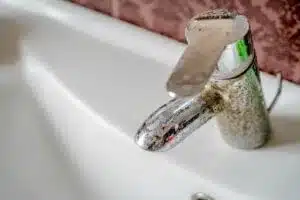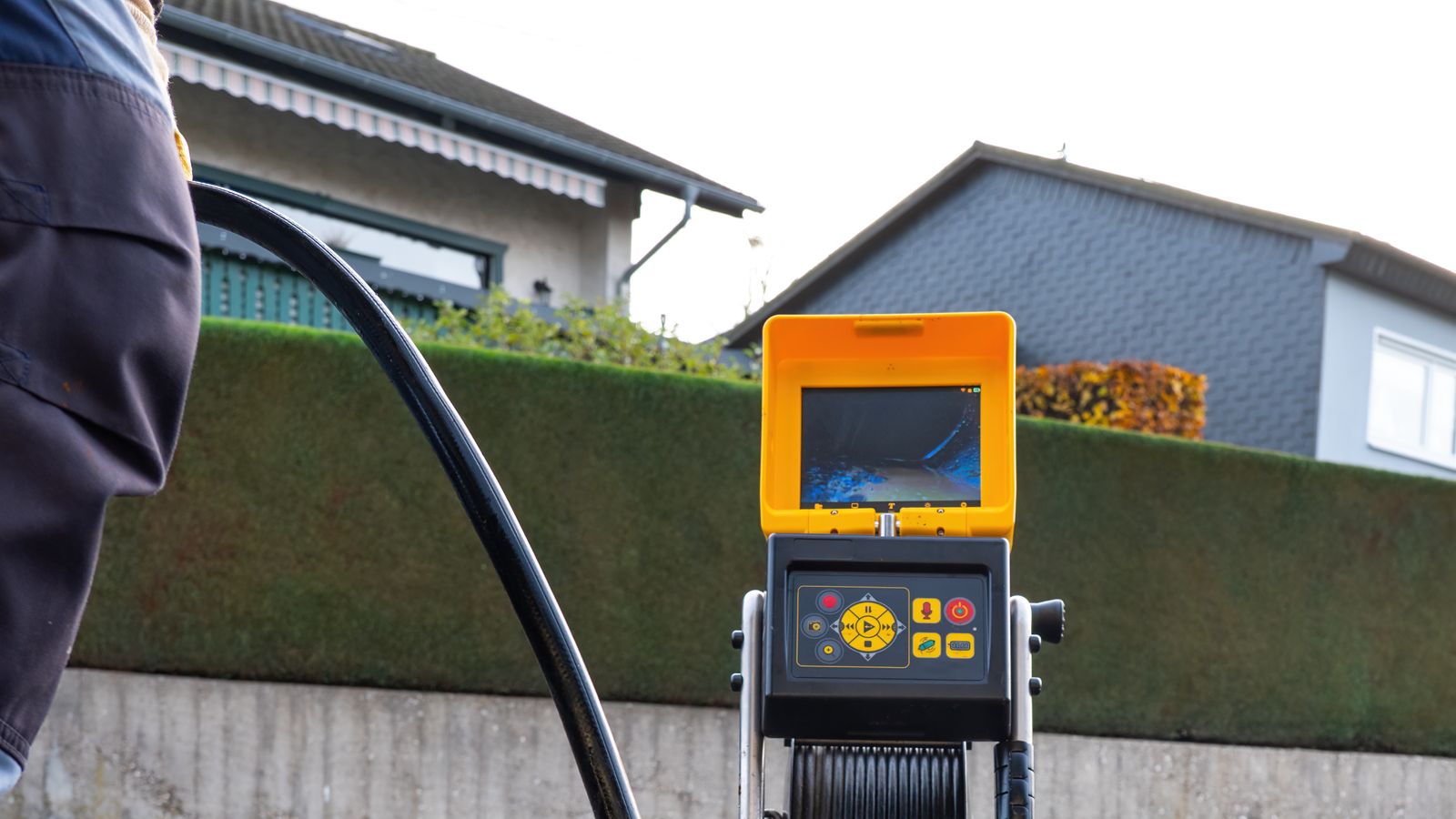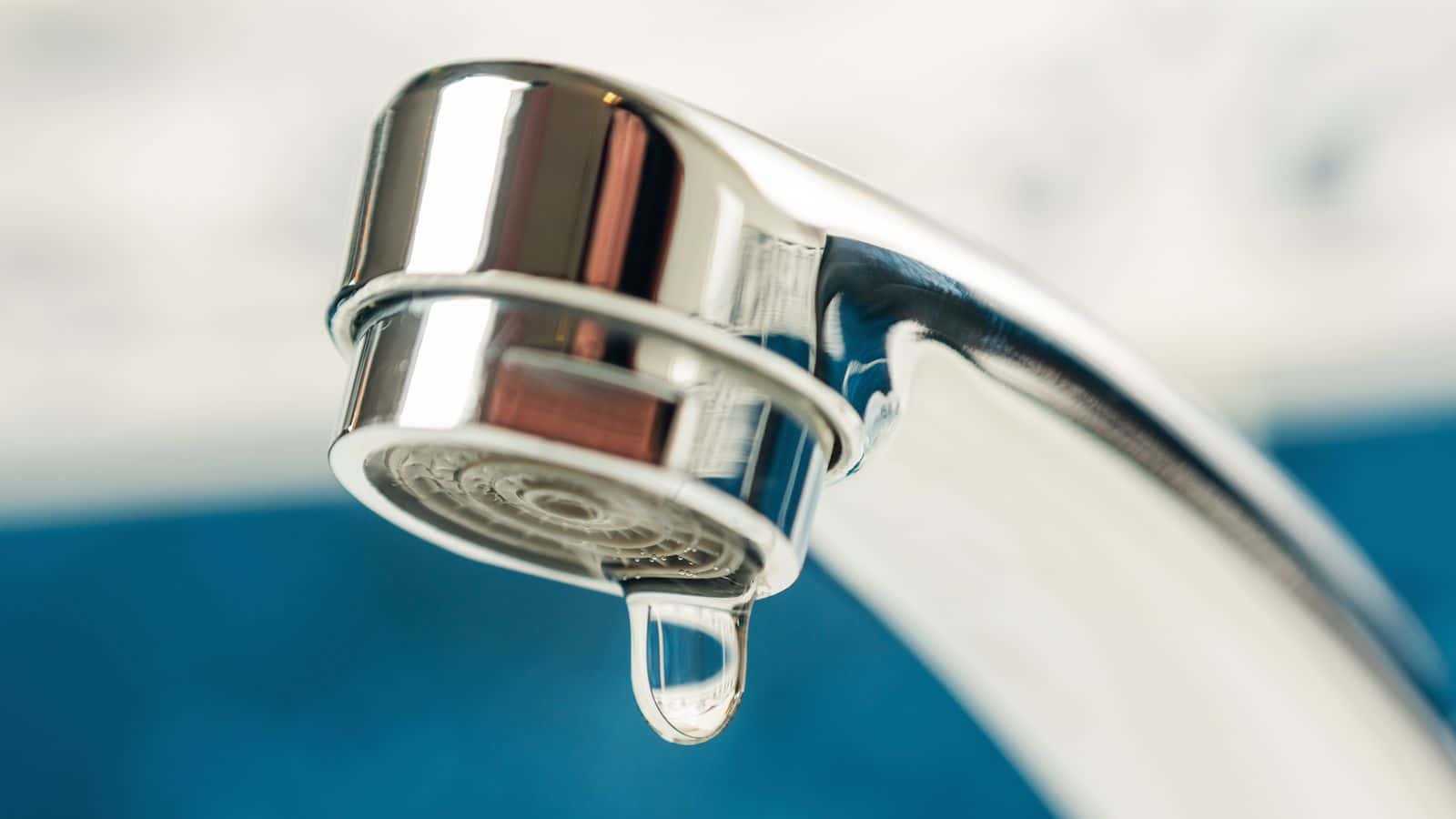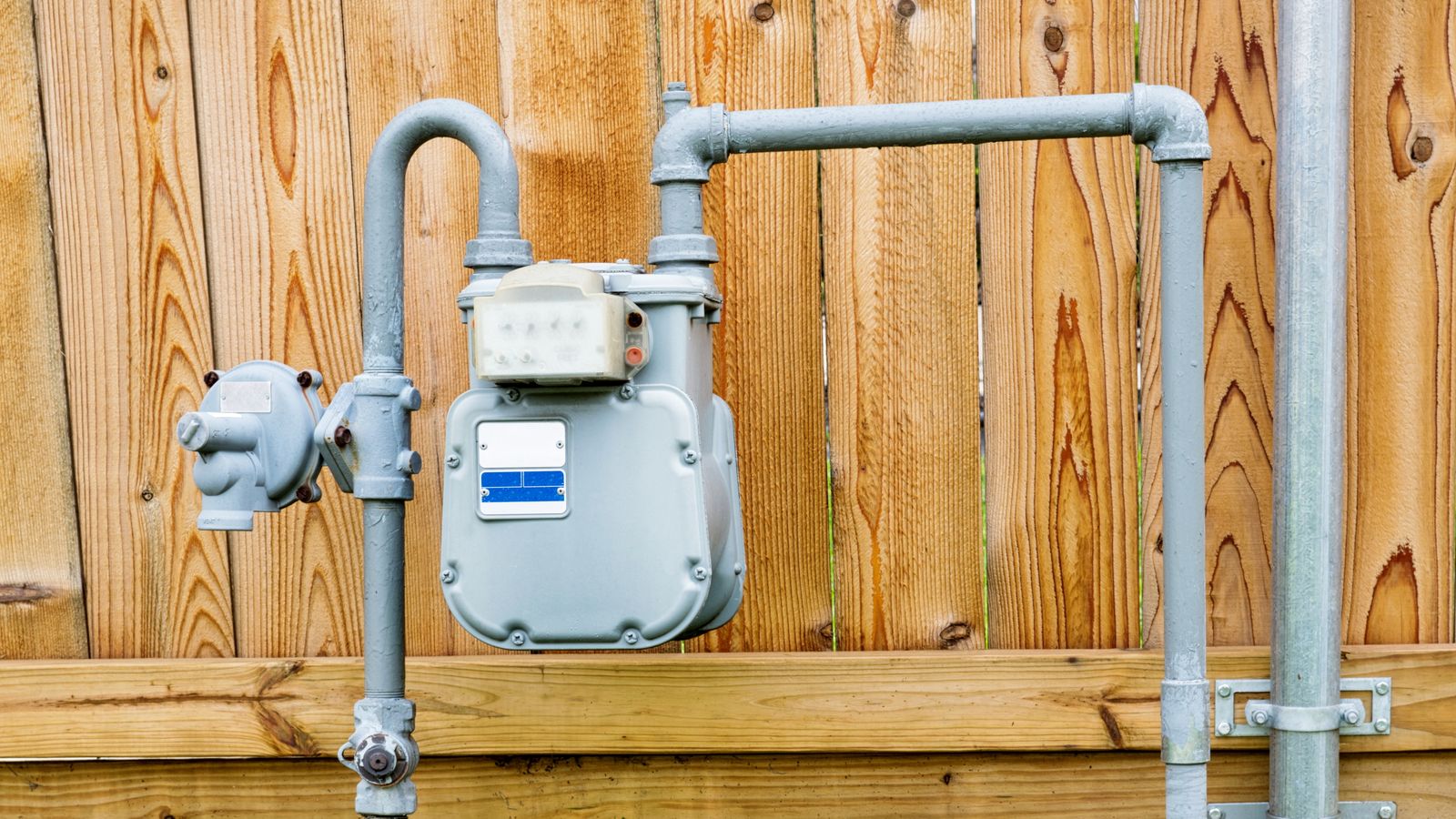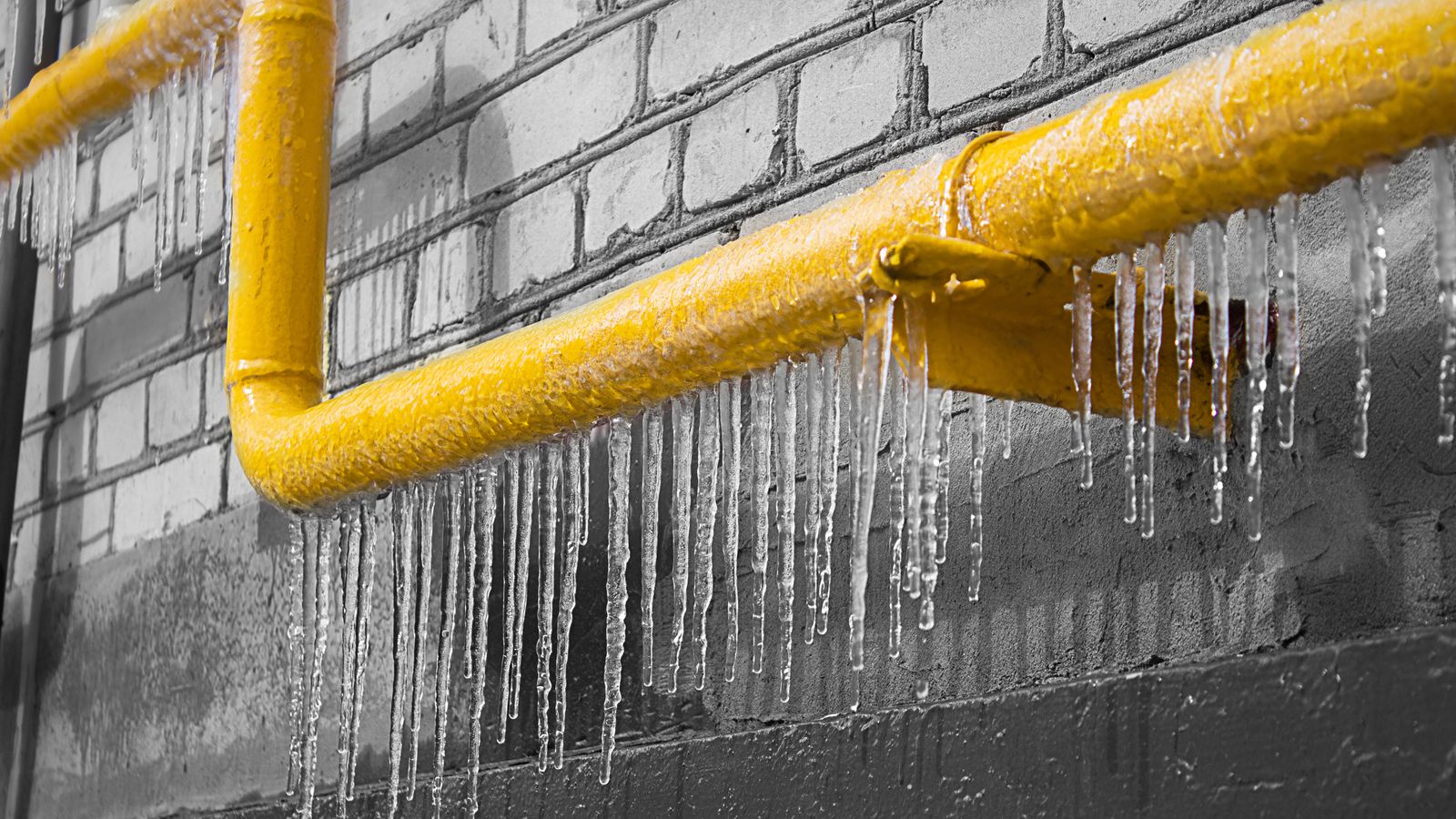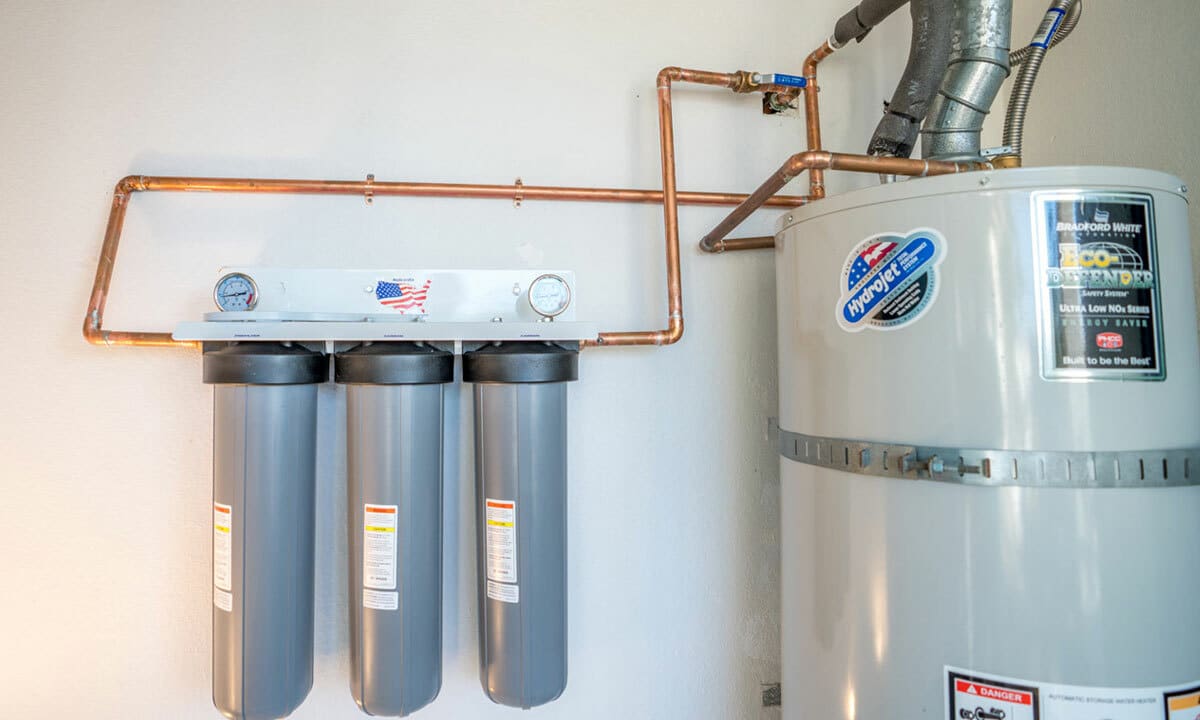You might think that you don’t have hard water in your home because you don’t see any white spots on your toilet, but that doesn’t mean it isn’t there and having an effect on your life. Here are eight signs that indicate you have hard water in your home. Most of them will be really easy to spot once you know what to look for.
Sign #1 – Soap Scum
Soap scum is a great sign of hard water, especially if it’s not coming from your shower. Soap scum indicates that lime and other minerals are building up on your surfaces, and you can often see these deposits at work on your sinks and faucets. This build-up will prevent your soap from lathering as well as it should—and make a real mess for you to clean up.
Sign #2 – Detergent Residue
If you have hard water, you’ll probably notice white residue on your glass and dishes. This is caused by calcium buildup from hard water. Even if you rinse your dishes, detergent is not as effective when mixed with hard water. It’s easy to think that dish soap isn’t working well enough, but more likely it’s just not working as effectively due to hard water buildup.
Sign #3 – Discolored Bottles
If you’ve noticed that your water bottles have started to become discolored, it may be a sign that you have hard water. Hard water typically has high levels of iron or manganese which can stain your drinking containers and also accumulate on your glass shower doors. If you don’t drink enough fluids throughout the day, these metallic deposits could lead to dehydration which could exacerbate constipation problems and dry skin.
Sign #4 – White Rings
One of the most common signs of hard water is white rings around your bathtub, sink, toilet, or anything that comes into contact with hard water. The reason for this is because when there is a lot of dissolved minerals in your water it will leave behind deposits on whatever it touches.
Sign #5 – Hair Problems
There are two ways that hard water might be affecting your hair. The first is that it might be ruining your shampoo and conditioner. That’s because hard water usually has a high mineral content, which can leave hair looking dull and feeling coarse or stringy. The second way is that it could be contributing to dry scalp or dandruff.
Sign #6 – Dry Skin and Hair
Did you know that hard water is a common cause of dry skin and hair? It’s true—high levels of calcium and magnesium are often responsible for a scaling effect that leaves skin tight, dry, and irritated. Remedy: Install an under-sink water softener to control these minerals.
Sign #7 – Foul Odor and Taste
One of the most common signs of hard water is that it can often cause a foul odor and taste. This is caused by minerals like calcium and magnesium building up in your hot water heater. Over time, these minerals can combine with sediments to create a nasty-tasting substance. It’s also common for some people to notice that their skin becomes dry or brittle when exposed to water from a home with hard water. This occurs when high levels of these minerals are dissolved into your body through bathing or showering.
Sign #8 – Clogged Drains
One of the most frustrating side effects of hard water is clogged drains. When you have hard water, you tend to notice that over time your drains start getting clogged up more and more frequently. Even something as simple as taking a shower can lead to clogged drains if you have hard water. You’ll also find that any pipes or appliances that are connected to your drains tend to get clogged much more often than they would with soft water.
Signs of Hard Water in Your Home – Summary
If you’re not using water conditioning, your hard water is likely taking a toll on your home. These issues may include soaps and detergents that won’t lather up well; uncooperative hair; buildup of scale on pipes and fixtures; unsightly stains from minerals leaching out of faucets, dishwashers and shower heads; unattractive soap scum around tubs and sinks; irritations for people with sensitive skin or scalp problems (dandruff, eczema) or dry skin patches or rough cuticles.

